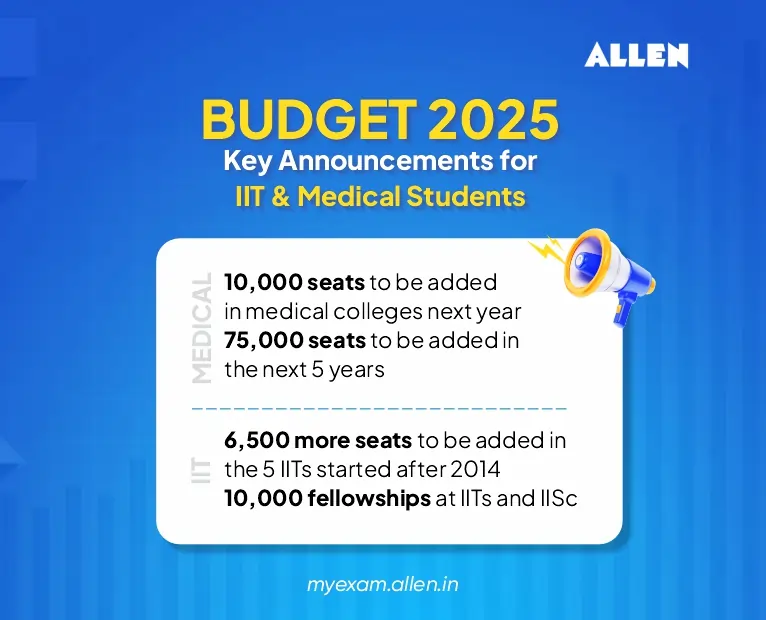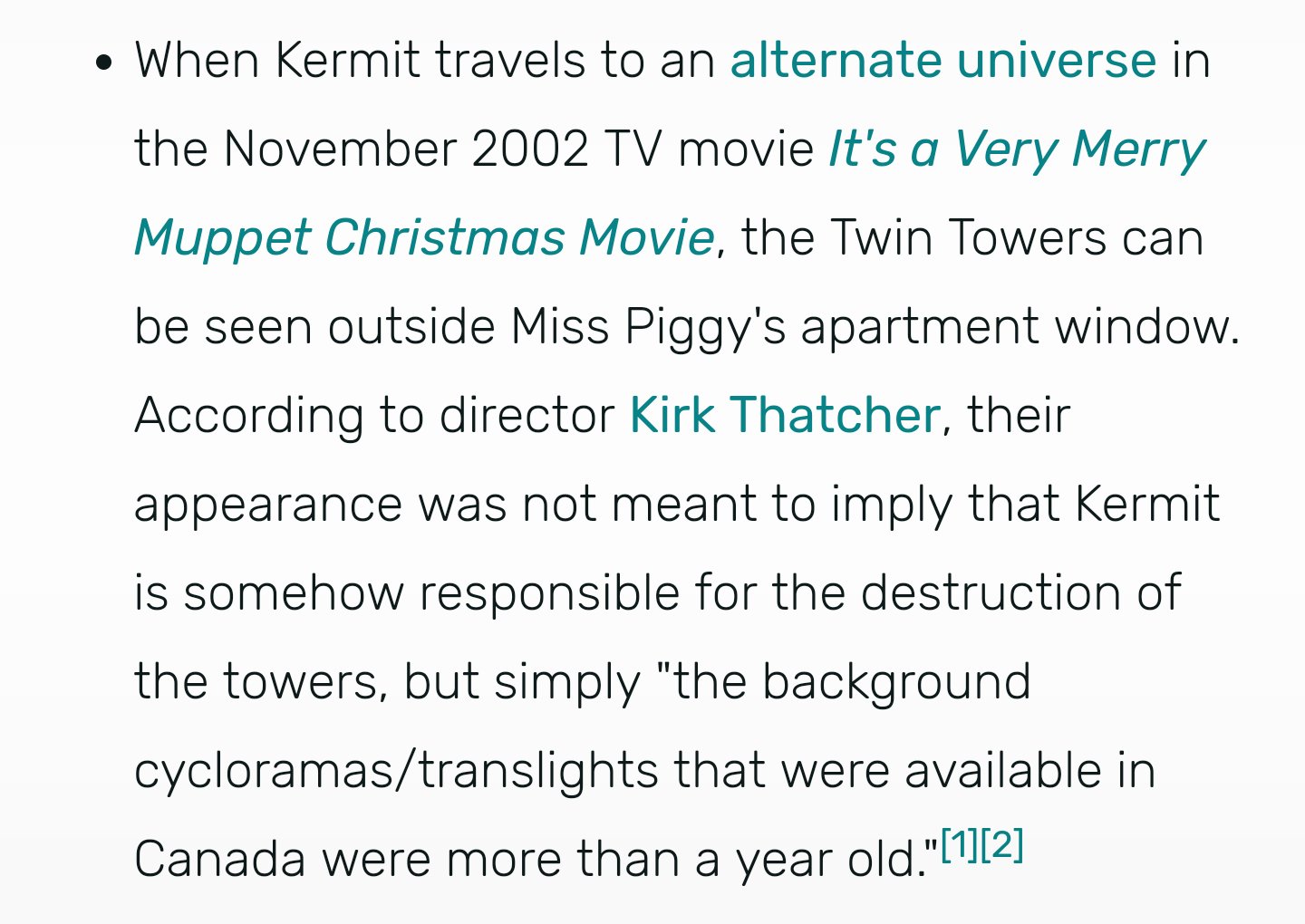Is A 'Best And Final' Job Offer Really Final? Negotiation Strategies

Table of Contents
Understanding the "Best and Final" Offer Tactic
The phrase "best and final offer" is a common tactic used by employers during salary negotiation and overall job offer negotiation. Let's examine this tactic from both sides:
Employer's Perspective: Why They Use "Best and Final"
Employers often utilize the "best and final offer" strategy for several reasons:
- Avoids Protracted Negotiations: Lengthy negotiations can be time-consuming and resource-intensive. A "best and final" offer aims to streamline the process and finalize the hiring decision quickly.
- Projects Assertiveness: Presenting a "best and final offer" can be perceived as a confident and assertive negotiating stance. It aims to convey the employer's firmness and seriousness about their offer.
- Sets Boundaries: This tactic helps establish clear boundaries and expectations, preventing the negotiation from becoming endless. It aims to close the deal and move forward with the hiring process.
Employee's Perspective: Why You Shouldn't Automatically Accept
While the phrase sounds definitive, it doesn't automatically mean the end of the line. As a job seeker, it's crucial to:
- Consider the Overall Compensation Package: Don't focus solely on the base salary. Analyze the entire package, including benefits, bonuses, and other perks.
- Weigh Your Options: If you have other job offers, this strengthens your negotiating position. Consider the pros and cons of each offer before making a decision.
- Remain Calm and Assertive: Responding emotionally will weaken your position. Maintain a professional and confident demeanor throughout the negotiation.
- Explore Alternatives: Don't limit yourself to accepting or rejecting the offer outright. Consider exploring other aspects of the role or compensation to improve the overall package. This might involve negotiating for a better title, more vacation time, or remote work options.
Strategies for Negotiating a "Best and Final" Offer
Even faced with a "best and final offer," effective negotiation strategies can still yield positive results.
Assessing the Total Compensation Package: Look Beyond the Base Salary
Don't let the base salary figure be the only factor in your decision. Carefully review the entire compensation package:
- Benefits: Analyze the health insurance coverage, retirement plan contributions (401k matching), paid time off (vacation, sick leave, holidays), and other employee benefits.
- Bonuses: Inquire about potential performance-based bonuses, signing bonuses, or other types of bonuses.
- Stock Options: If offered, carefully evaluate the value and potential of stock options.
- Relocation Assistance: If applicable, understand the details and the amount of offered relocation assistance.
- Professional Development Opportunities: Consider opportunities for training, conferences, and continuing education. This is a valuable, often overlooked, part of the total compensation.
Crafting a Well-Reasoned Counter-Offer: Present Your Case Professionally
If you decide to counter, do it strategically:
- Highlight Your Skills and Experience: Reiterate your unique qualifications and how they add value to the company.
- Cite Market Research: Support your request with data from salary surveys or industry benchmarks to justify your desired compensation.
- Express Continued Interest: Maintain a positive and enthusiastic tone, emphasizing your strong interest in the position and the company. This helps maintain a positive relationship even if the counter offer isn't accepted.
Knowing When to Walk Away: Recognize Your Worth and Limitations
Sometimes, walking away is the best option:
- Consider Your Financial Needs: Determine your minimum salary requirements to meet your financial obligations.
- Align With Career Goals: Ensure the job aligns with your long-term career aspirations and professional development plans.
- Evaluate the Work Environment: Consider factors like company culture, work-life balance, and management style. A toxic work environment is never worth sacrificing for a higher salary.
- Know Your "Walk-Away" Point: Establish a clear threshold beyond which you're unwilling to compromise.
Alternatives to Direct Negotiation: Expanding Your Options
Direct salary negotiation isn't always the only path.
Leveraging Other Offers: Strengthen Your Negotiating Position
If you have multiple job offers, use them strategically (without divulging specifics):
- Subtle Mention: Mentioning that you have other offers can subtly increase your leverage and encourage the employer to reconsider their "best and final" stance.
- Focus on the Value: Emphasize the overall value proposition of your skills and experience, regardless of other offers. This is a more professional approach.
Exploring Different Aspects of the Role: Negotiate Beyond Salary
Focus on other aspects of the job that are valuable to you:
- Negotiate Responsibilities: Discuss opportunities for increased responsibility or more challenging projects.
- Title: Negotiate a title that accurately reflects your experience and seniority.
- Reporting Structure: Clarify reporting lines and working relationships to ensure a positive working dynamic.
- Work Location: Negotiate a more convenient work location or remote work options.
Conclusion: Mastering the Art of Job Offer Negotiation
While a "best and final offer" often signifies the end of formal negotiations, it doesn't necessarily mean the end of the road. By understanding the employer's perspective, assessing the complete compensation package, and strategically employing negotiation techniques, you can significantly improve your chances of securing a more favorable outcome. Remember to know your worth, be prepared to walk away, and confidently advocate for yourself. Don't let a seemingly "best and final" job offer leave you feeling uncertain. Use these negotiation strategies to confidently advocate for yourself and secure the compensation and benefits you deserve. Master the art of job offer negotiation and find the perfect fit for your career!

Featured Posts
-
 Philips 2025 Agm Key Announcements And Shareholder Information
May 24, 2025
Philips 2025 Agm Key Announcements And Shareholder Information
May 24, 2025 -
 Dax Falls Below 24 000 Frankfurt Stock Market Closing Report
May 24, 2025
Dax Falls Below 24 000 Frankfurt Stock Market Closing Report
May 24, 2025 -
 Dylan Dreyers Transformation A New Chapter At Today
May 24, 2025
Dylan Dreyers Transformation A New Chapter At Today
May 24, 2025 -
 Confirmed Kermit The Frog To Address University Of Maryland Graduates In 2025
May 24, 2025
Confirmed Kermit The Frog To Address University Of Maryland Graduates In 2025
May 24, 2025 -
 Apresentacao Oficial Ferrari 296 Speciale E Seus 880 Cv Hibridos
May 24, 2025
Apresentacao Oficial Ferrari 296 Speciale E Seus 880 Cv Hibridos
May 24, 2025
Latest Posts
-
 Kazakhstans Billie Jean King Cup Victory A Detailed Look At The Match Against Australia
May 24, 2025
Kazakhstans Billie Jean King Cup Victory A Detailed Look At The Match Against Australia
May 24, 2025 -
 Billie Jean King Cup Qualifier Kazakhstans Win Over Australia
May 24, 2025
Billie Jean King Cup Qualifier Kazakhstans Win Over Australia
May 24, 2025 -
 Australia Loses To Kazakhstan In Billie Jean King Cup Qualifier
May 24, 2025
Australia Loses To Kazakhstan In Billie Jean King Cup Qualifier
May 24, 2025 -
 Kermit The Frog As Umd 2025 Commencement Speaker The Online Response
May 24, 2025
Kermit The Frog As Umd 2025 Commencement Speaker The Online Response
May 24, 2025 -
 Umd Commencement 2025 Kermit The Frogs Surprise Announcement
May 24, 2025
Umd Commencement 2025 Kermit The Frogs Surprise Announcement
May 24, 2025
